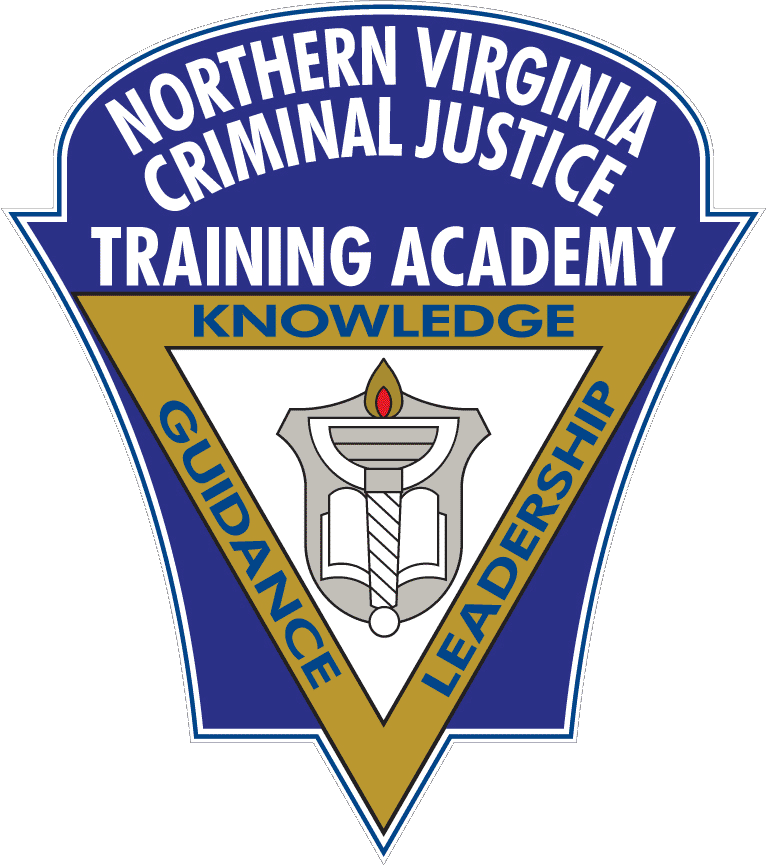Job Announcement
Facility Maintenance Assistant
Click here for more information

Northern Virginia
Criminal Justice Academy
A Nationally Accredited Law Enforcement Training Academy
Managing Police Professionalism and Discipline
Course length
16
About the course
Part One of this program is multi-faceted training in leadership, accountability to standards, and related systems, with much attention to positive methods of motivation and behavior management. The need to use a lot of punitive discipline suggests a poorly disciplined organization. In a “well-disciplined” organization, systems work properly and people do what they’re supposed to do, including follow the rules. This discussion explains a variety of enhanced leadership initiatives, including focused policy and strengthened systems, to achieve “disciplinary” goals. It shows the need for organizational solutions to organizational problems. It helps first-line supervisors and mid-managers see a bigger picture. It reminds senior leadership – the “big picture” people – of the vital need still to mind the store and keep close watch on the “little” things. If you take care of problems while they’re small, you don’t get a lot of big problems. Goal: Identifying and fixing issues and problems before they become disasters.
Part Two of the program covers the kinds of things that all leaders need to know about preventing and responding to acts of misconduct and other negativity – in a way that reflects professional core values and increases both public and officer trust in process fairness and legitimacy. It includes a legal-practical review & update for these times addressing misconduct-related issues for all supervisors, managers, administrators … and investigators. From complaint intake and triage to misconduct investigation and case dispositions, this discussion highlights and spotlights issues, methods and initiatives critical to achieving fairness and other organizational disciplinary goals including preserving officer and public trust. It includes legal issues,
management principles and policy recommendations, but focuses also on specific protocols and major, critical aspects of investigative methodology. It covers ordinary administrative matters as well as use of force and critical incident investigation, including officer-involved shootings.